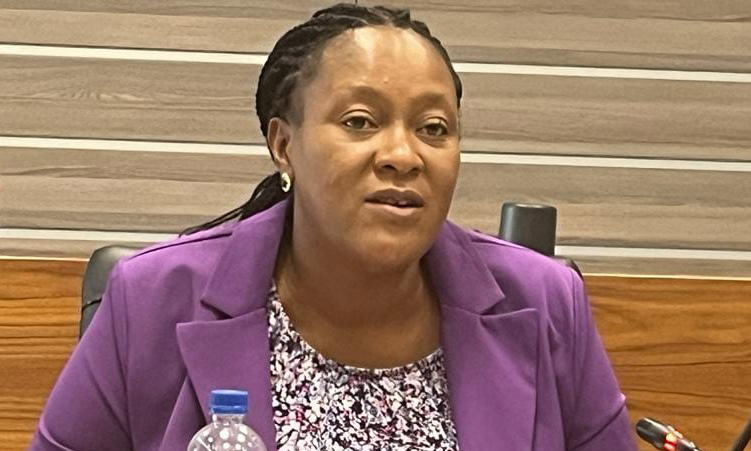The chairperson of the Otjozondjupa Regional Council, Marlayn Mbakera, says the region faces a high unemployment rate and a lack of developmental infrastructure and bulk services.
Mbakera said this during the National Planning Commission’s National Development Plan 6 (NDP6) consultations with community members at Otjiwarongo on Friday.
The chairperson said Otjozondjupa has economic development potential as it is centrally and strategically located, with various minerals and natural resources.
Some 70% of the region’s inhabitants are directly or indirectly dependent on the agriculture industry, primarily livestock, horticulture and crop production.
She said in efforts to maximise the livestock sector’s potential, the region intends to invest in local value-added facilities so that Namibia can benefit from byproducts and value-chain activities to create much-needed employment.
“However, the lack of infrastructure, such as roads and industrial plants required for agricultural development and diversification of products, are major setbacks.
“Not to mention our people, mostly residents in the informal settlements, who are in need of bulk services.
“Therefore, if attention can be given to infrastructure development and particular industrial plants that can support the agricultural sector during the NDP6, it will make a major difference in terms of unemployment already and uplift the living conditions of the people,” Mbakera said.
The National Planning Commission (NPC), mandated to plan for national development, is consulting the 121 constituencies that cover the 14 regions of Namibia to engage the nation and solicit the information necessary for the drafting of the NDP6, which outlines Namibia’s objectives and aspirations as part of the country’s Vision 2030.
NPC executive director Wilhencia Uiras at the event said the purpose of wider consultation is transparent and inclusive planning – creating a two-way dialogue between the NPC and its stakeholders in setting the development agenda for the last phase of Vision 2030.
She said it is therefore critical to bring together representatives of regional councils, traditional authorities, business partners, the youth, children, civil society, church leaders, the media and the public.
“The formulation and implementation of the NDP6 prioritises inclusivity, equity, and sustainability. I need to emphasise that all institutions implementing developmental projects and providing services also need to engage communities.
“The people we have been visiting have really appreciated these consultations, therefore we also need to strengthen our consultation efforts at national level,” |Uiras said.
National development adviser Ester |Nanus highlighted the challenges of participatory development planning observed in the region and service delivery.
“Based on input from the community, what we are hearing is that there are feedback loops. Community members are saying there is limited consultation from constituency development committees and regional development coordinating committees and even less feedback.
“They noted staff in certain government offices are also not friendly in providing the necessary services, including the registration of children for national documents and for support grants,” she said.
The NPC plans to host a conference in May in an effort to ensure all key sectors have been consulted.
Stay informed with The Namibian – your source for credible journalism. Get in-depth reporting and opinions for
only N$85 a month. Invest in journalism, invest in democracy –
Subscribe Now!






